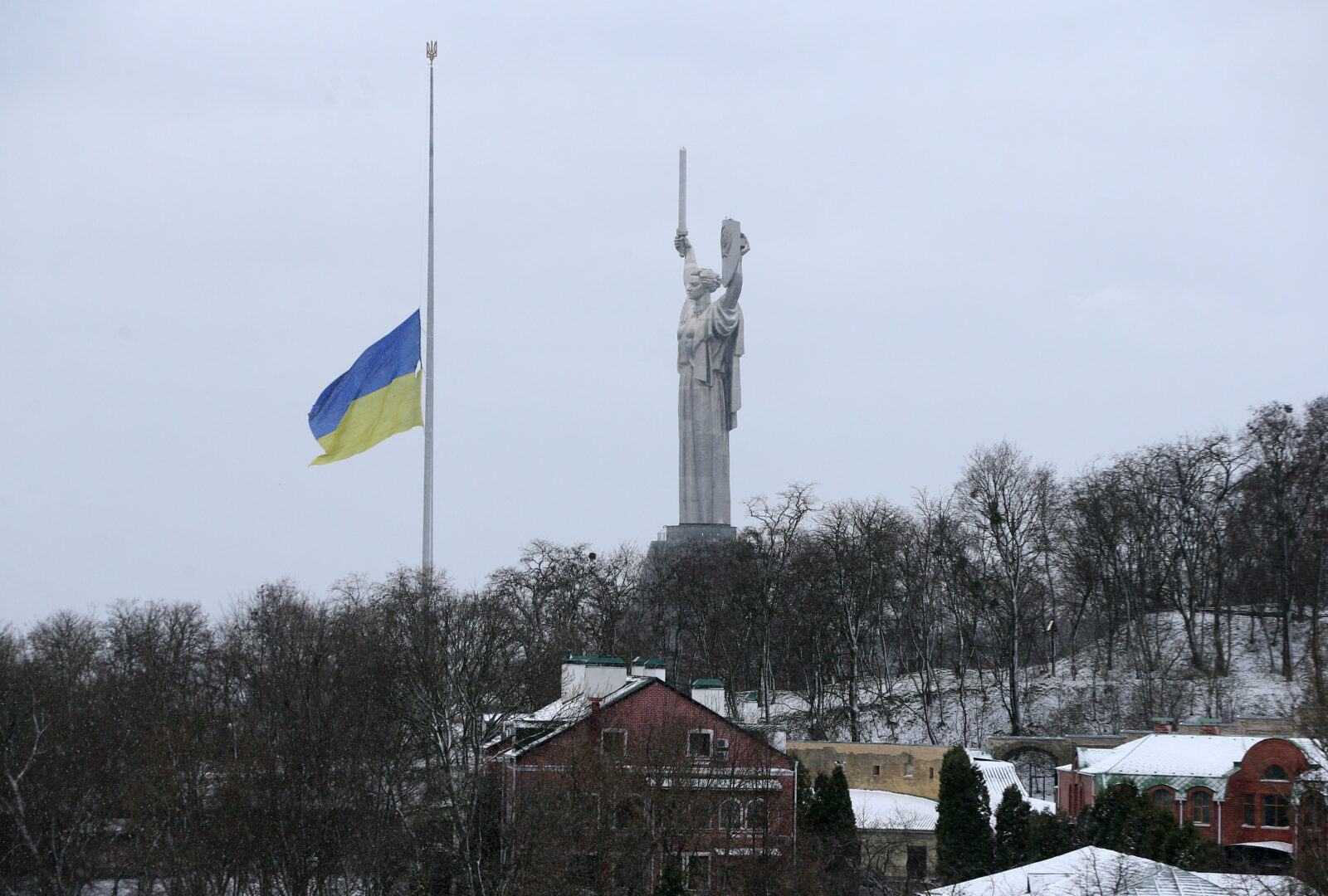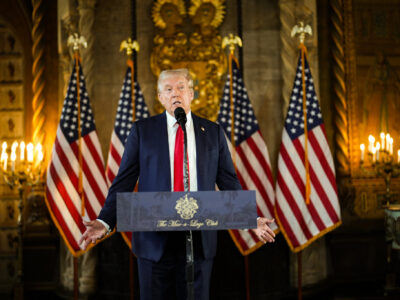Congress Must Push For Ukraine Peace Process that Addresses the Rights and Needs of People Affected
FOR IMMEDIATE RELEASE
CONTACT: Jessica Rosenblum, [email protected]
WASHINGTON — In a letter sent to Congress today, leading human rights, humanitarian, faith based, and foreign policy-focused organizations urged Members to put forth their own positive vision for a successful initial negotiation phase, with the goal of a just and lasting peace in which human rights are strengthened and harm to civilians is repaired.
The letter, which asserts that a secure and prosperous Ukraine is achievable if the United States takes an inclusive, realistic, and sophisticated approach to these talks, is signed by 31 groups, including Amnesty International USA, Center for Civilians in Conflict (CIVIC), Evangelical Lutheran Church in America, Freedom House, Friends Committee for National Legislation, Nonviolent Peaceforce, Mines Advisory Group (MAG) U.S., Oxfam America, and the Quincy Institute for Responsible Statecraft.
The letter signers specify that once negotiated, the initial framework for the peace process should result in:
- a durable and verifiable end to fighting, including an end to the targeting of critical infrastructure and the use of explosive weapons in populated areas;
- the meeting of immediate humanitarian needs, including access to basic services and humanitarian demining; and
- the release and return of all captives in line with international law.
While recognizing that “this initial round of negotiations will likely not address many important questions,” the groups say that “achieving a framework for a broader peace process and a stable end to the fighting is essential for reducing civilian harm, beginning reconstruction in Ukraine, and establishing a process for justice.” In order to increase the chances of the broader peace process leading to long-term, sustainable peace, the signers further urge including civilian voices in negotiations; upholding the rights of civilians, especially in occupied areas; enabling family reunification; and obtaining concrete guarantees for Ukrainian reconstruction and establishing a process for reconciliation, accountability and repair.
“This letter is notable for the wide range of organizations it brings together around the urgent need to end the suffering of Ukrainian civilians by bringing an end to the war,” says Tori Bateman, director of Advocacy for the Quincy Institute. “The diplomatic process will be long and difficult, and it will take politicians from across the aisle being invested in its success to help bring the war to an end.”
“The war in Ukraine has killed thousands of civilians, displaced millions, and deprived communities of essential services,” says Alexander Grif, Ukraine Director at Center for Civilians in Conflict (CIVIC). “Any negotiated peace process must center the needs of conflict-affected civilians, including by bringing an immediate end to targeting of critical infrastructure and the use of explosive weapons in populated areas, meeting communities’ humanitarian needs, and including civilian voices in negotiations.”
“Ending a war is only the first step toward lasting peace,” says Bridget Moix, General Secretary of the Friends Committee on National Legislation. “We urge the Administration and Congress to invest seriously in a principled, just, and inclusive peace process. While diplomacy can be challenging, our Quaker peace testimony teaches us that war is never the answer and peace is indeed possible.”
“Human rights must be at the center of negotiations,” says Ben Linden, Advocacy Director for Europe and Central Asia at Amnesty International USA. “Amnesty International’s research shows that the well-being of Ukrainian captives is endangered by the conditions of Russian captivity, and their release is urgently needed. Longer term, we know from prior experience that the protection of human rights is critical to the sustainability of any negotiated outcome.”



